
Recommendation
The 2021 concern over critical race theory (CRT) wasn’t the first time Americans fought their cultural wars in the classroom, and it certainly wasn’t the first time greater conflicts concerning racism were enacted in the classroom. The CRT scare was in reaction to two upheavals: the murder of George Floyd had started another national conversation about racism, and parents were already frustrated with the school system because of school closures during the COVID-19 pandemic. During this session of the 2022 Aspen Ideas Festival, a panel of parents and educators discuss the most recent incarnation of culture wars in the classroom.
Summary
About the Speaker
This session of the 2022 Aspen Ideas Festival includes host Jane Coaston, of The Argument podcast, and panelists Renee DiResta, the technical research manager of the Stanford Internet Observatory and mother of three; David French, senior editor of The Dispatch, former attorney arguing religious liberty cases in schools and father of three; and Esau McCaulley, professor of religion at Wheaton College, contributing writer for The New York Times and father of four.








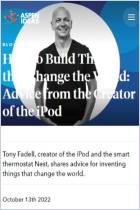
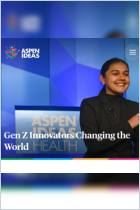

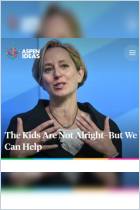
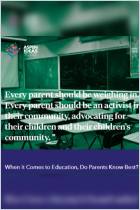
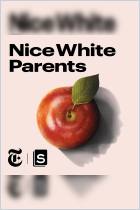
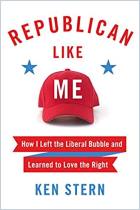
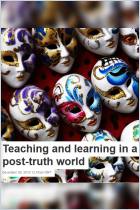
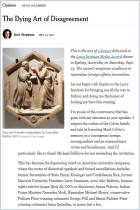
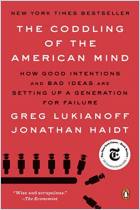



Comment on this summary